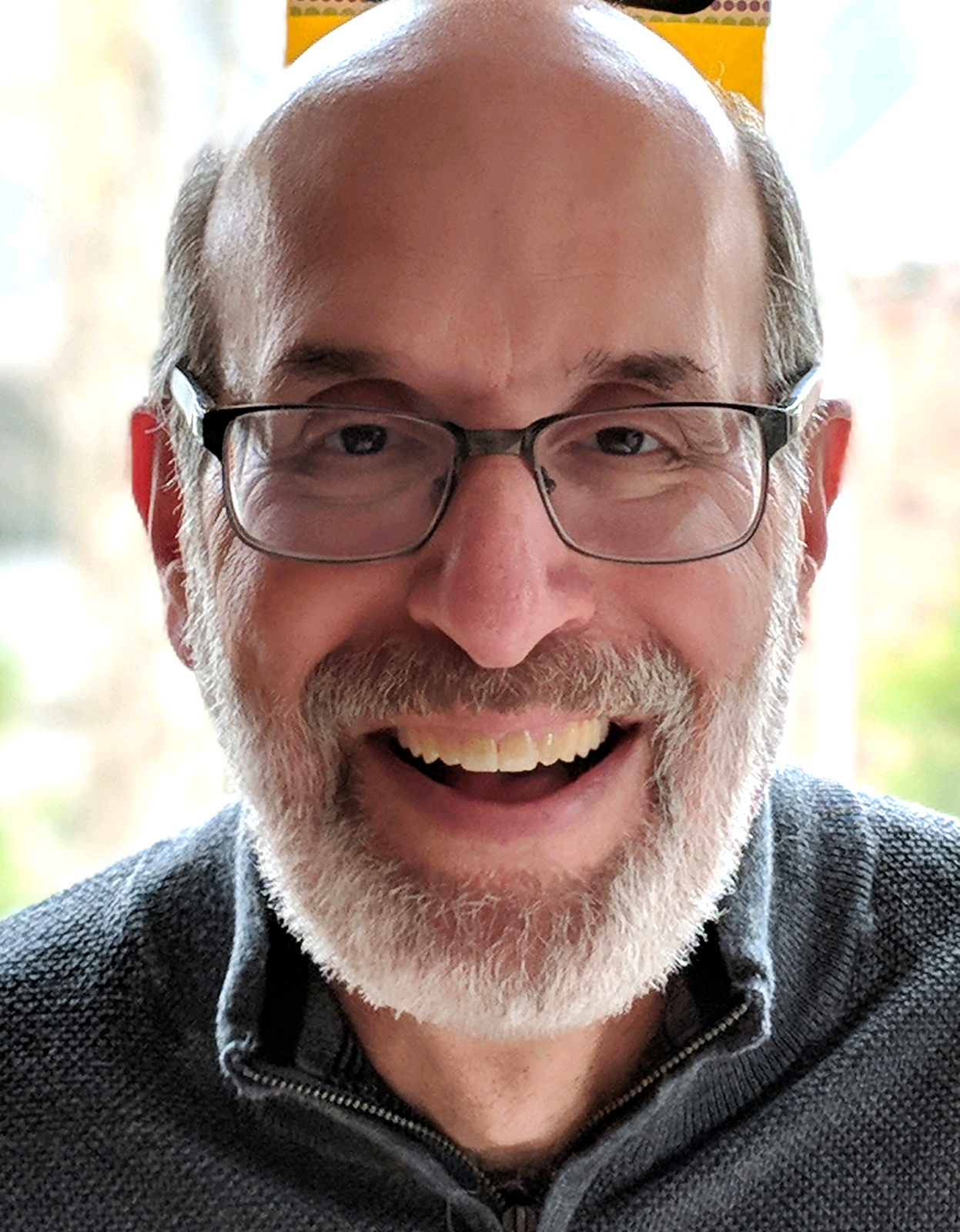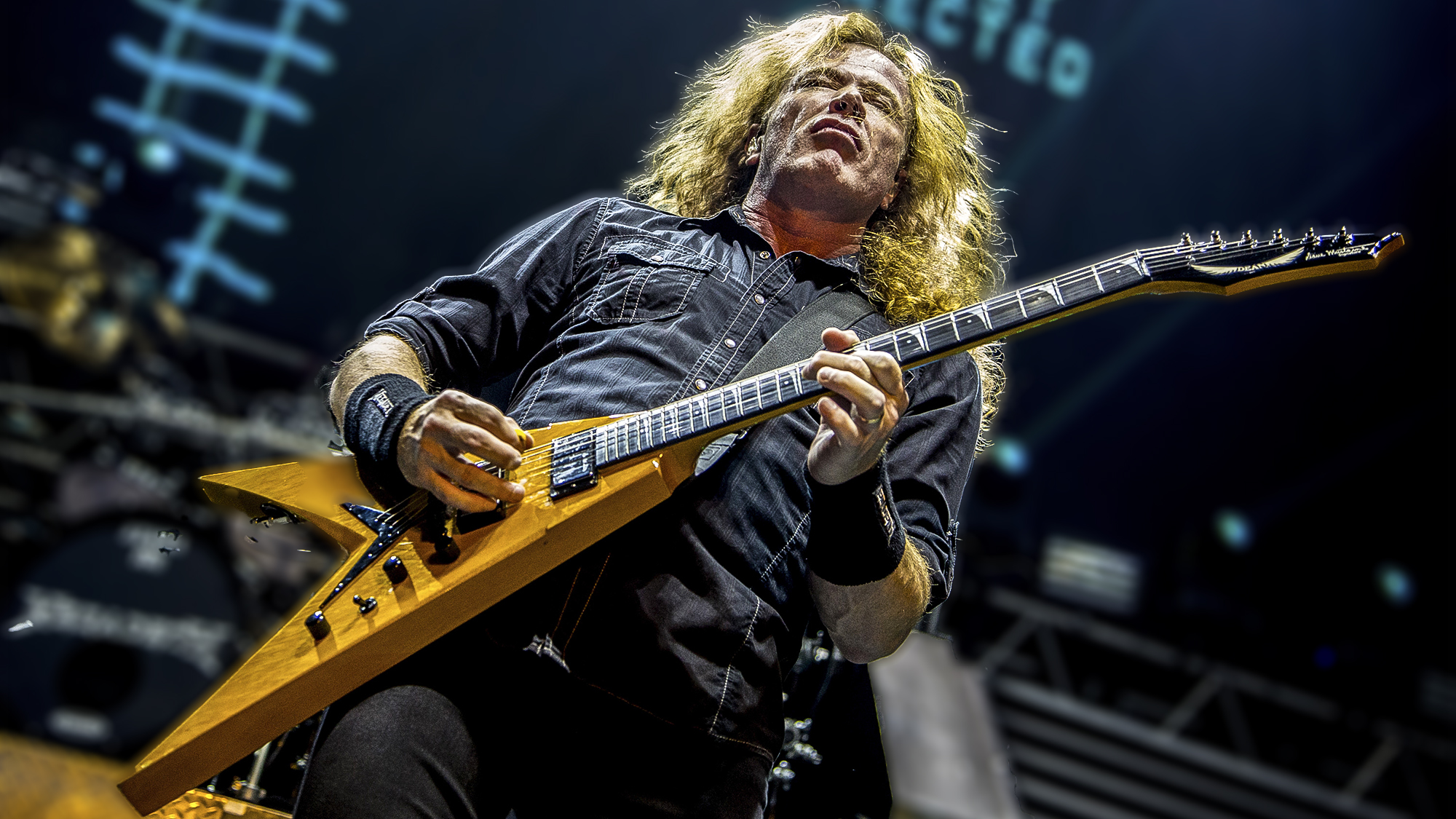“Jeff just lost his rag and smashed up his guitar. He said to Jimmy Page, ‘You could’ve stopped me doing that!’" Jim McCarty on Jeff Beck’s and Jimmy Page’s “stressed out” time in the Yardbirds
The Yardbirds drummer reveals the highs and lows of the group’s most successful era
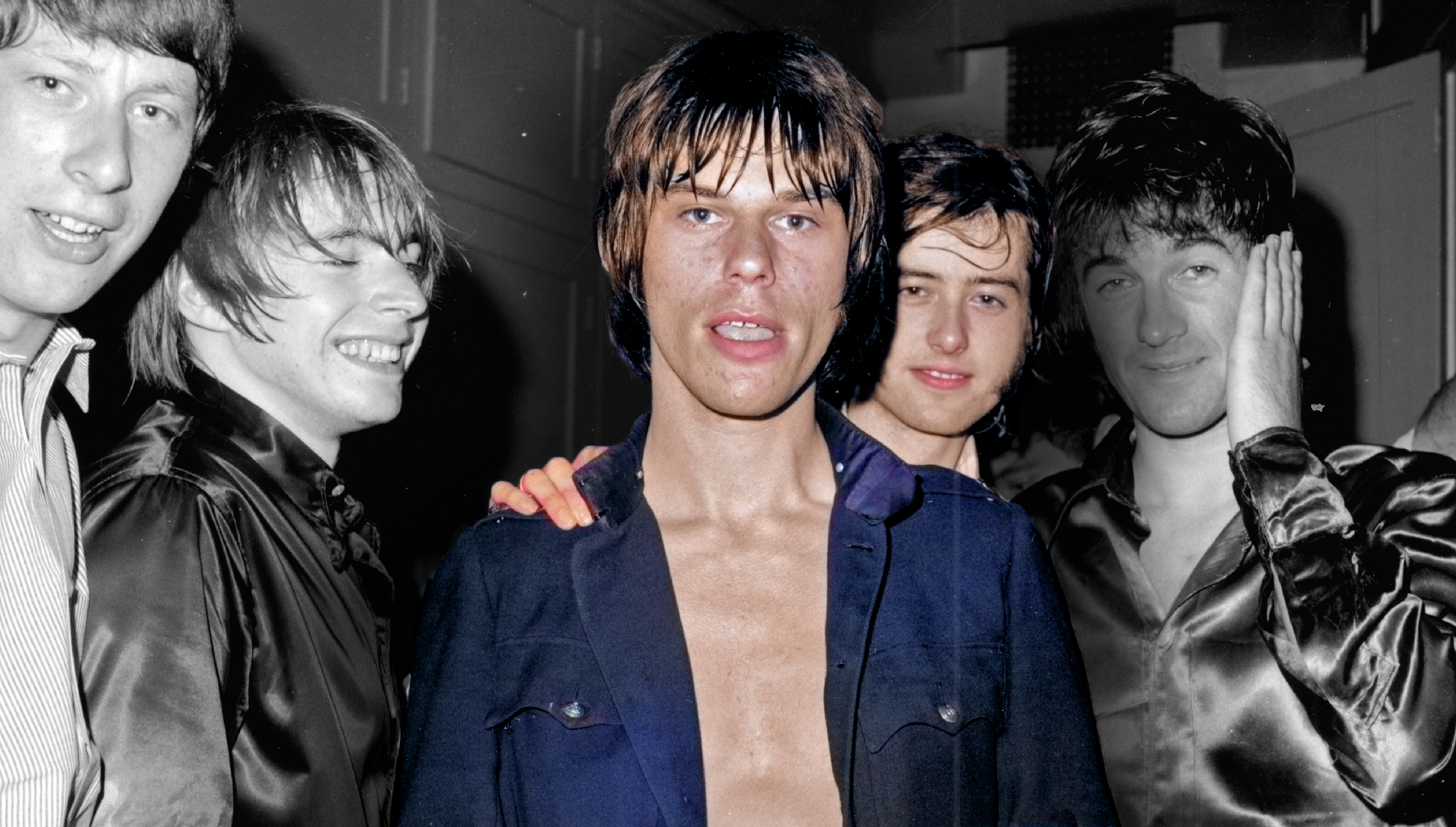
With Chris Dreja’s death this past September 25, Yardbirds drummer Jim McCarty is the only member left who knows what each phase of the band was like with its three most famous guitarists: Eric Clapton, Jeff Beck and Jimmy Page.
As he shared with us recently, Clapton’s tenure was marked by a lack of commercial success. Once it ended, Clapton departed to join John Mayall’s Bluesbreakers, opening the door for Beck’s arrival and the group’s most commercially successful period, from March 1965 to October 1966.
For a brief period, the Yardbirds sported not only Beck but also his good friend Jimmy Page, who originally joined as bassist when Paul Samwell-Smith left he group. Once rhythm guitarist Chris Dreja got his bass chops down, Page was freed up to fire up the band’s two-guitar tandem, featured on “Happenings Ten Years Time Ago.”
Unfortunately, the pairing wasn’t ideal, as Page indicated.
“Sometimes it worked really great, and sometimes it didn't,” he said in a 1977 interview with Guitar Player. “The point is, you've got to have parts worked out, and I'd find that I was doing what I was supposed to, while something totally different was coming from Jeff.”
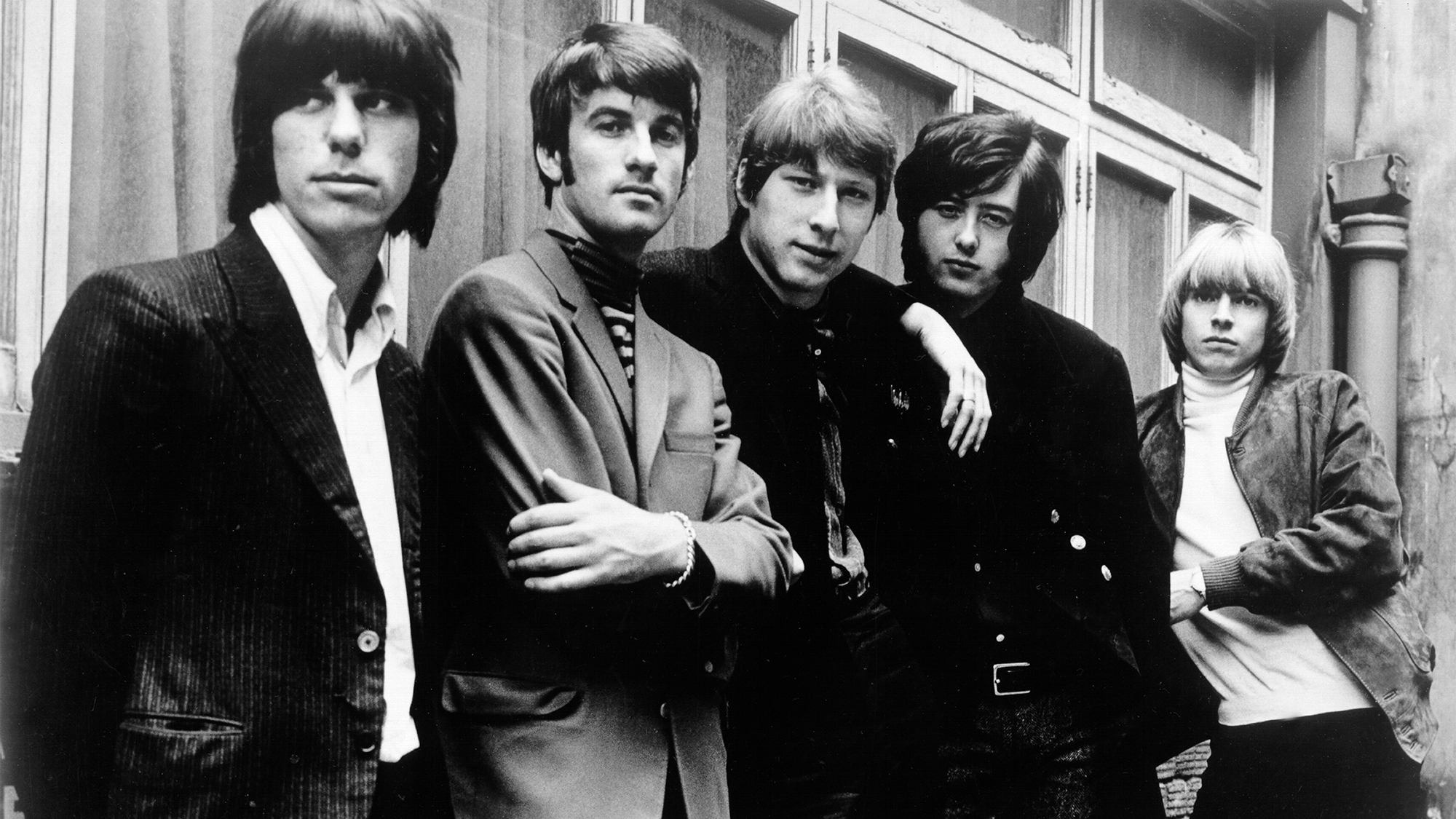
Part of the problem was down to Beck’s erratic behavior, which led him to abruptly depart the group in late 1966. (He briefly considered following Clapton’s path and joining Mayall’s group, but ultimately decided to form his own band.)
Page continued with the Yardbirds, seeing them through some of their least commercial recorded output, while their live performances became increasingly more experimental. As band members peeled off, Page reconfigured the group into the New Yardbirds and, eventually, Led Zeppelin.
All the latest guitar news, interviews, lessons, reviews, deals and more, direct to your inbox!
Continuing in the vein of his earlier comments about Clapton, McCarty here talks us his views of Beck and Page, as well as the late Dreja, singer/guitarist Keith Relf and Gypie Mayo, who played guitar in the revitalized lineup from 1996 to 2004.
Jeff Beck
“Jeff was very amenable to what we wanted. He wasn’t so dedicated into the blues, first of all. He gave the band more than we ever thought, ’cause he was so out there in terms of sounds. He loved all the weird and wonderful sounds, and he would create them all and really go for it and pull out all the stops and really took it into that next chapter and really took the Yardbirds sound to what people remember of it.
“It must have been quite incredible when we first came to the States and were playing all these little clubs and people were seeing us. We heard so many reports — ‘What an amazing sound! I’ve never seen anything like it!’ — and that was a lot down to Jeff creating those weird and wonderful, supersonic type of sounds.
You never knew what Jeff was going to do. He’d lose his temper and kick his amps offstage and things like that.”
— Jim McCarty
“Also, Jeff was very good at improvising. It was never the same; each and every night was different, a bit touching on the jazz thing where we’d improvise with each other. It was nice when it happened. When it took off it was great, and we did all those build-ups... We’d been doing those already with Eric but with Jeff it went even further.
“Jeff was also very different in that he didn’t care what he looked like. He would wear these sort of dirty jeans with oil on them from working on his cars, sort of a leather jacket and long, greasy hair — when we first met him, anyway. He and [Clapton] were totally different sides of the coin.
“I remember doing a show at the Hard Rock Cafe years later and they were both there and Jeff had great big sort of dirty boots on and jeans and Eric had a suit on and they were on the stage playing together, totally from different sides of the coin.
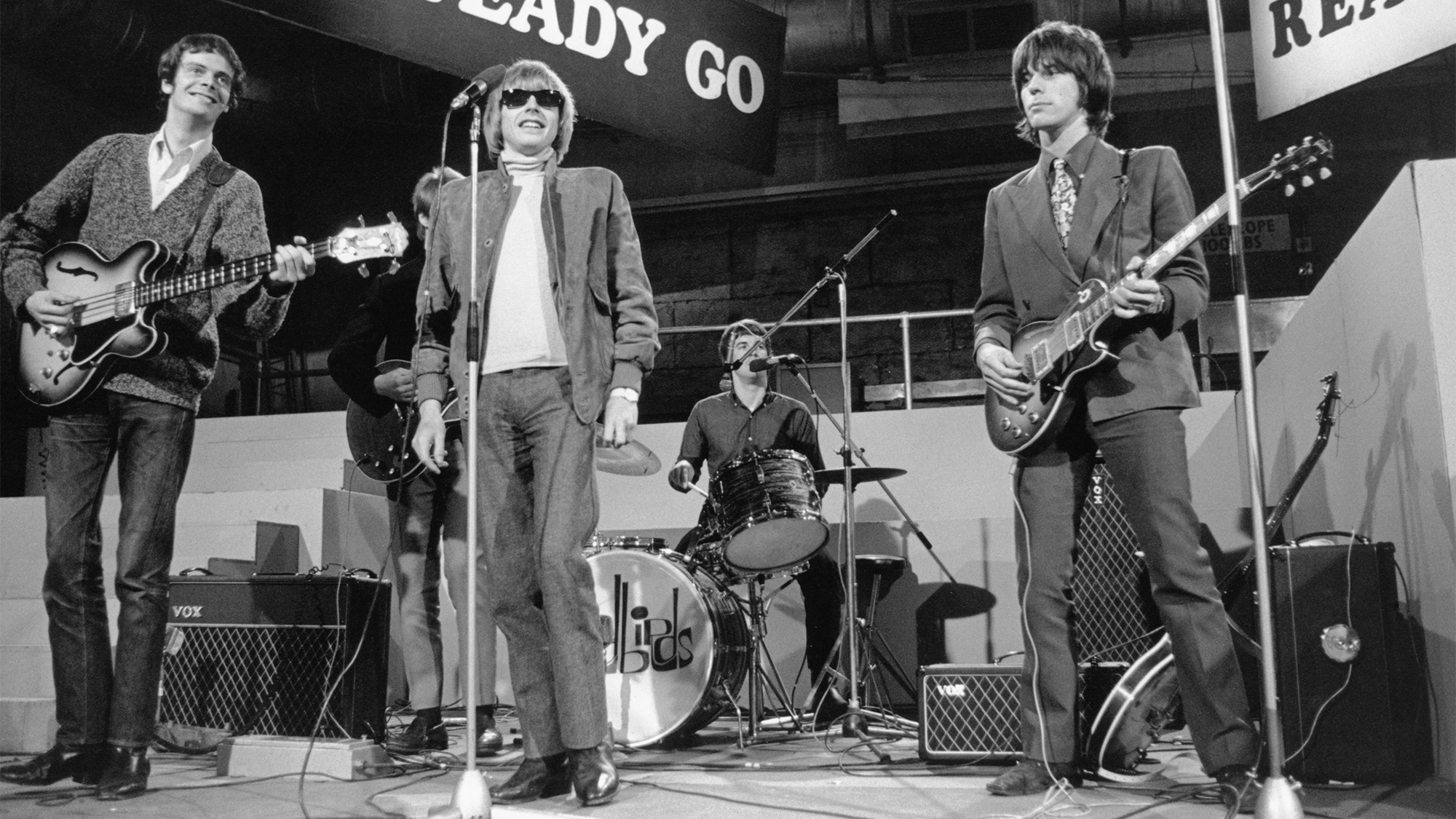
“He was a very, very nervous person — very nervous when he played and he got really worked up and more and more stressed out. You never knew what Jeff was going to do. He’d lose his temper and kick his amps offstage and things like that.
“And he was sacked, which is a terrible thing to say, isn’t it? We were doing this Dick Clark Caravan of Stars tour, which was a terrible mistake, going around the States in this Greyhound bus filled with all these sort of groups that were playing pop... nothing like what we were doing, and it was hard going.
“Beck thought, Oh no, this is terrible, and he just lost his rag and he smashed up his guitar in the dressing room. He said to Jimmy Page — or maybe it was Keith — ‘You could’ve stopped me doing that!’ [laughs]
“Then he just disappeared. He said, ‘I’m going off to stay with my girlfriend in L.A.,’ and that was it. He disappeared, and we were stuck doing the tour as a four-piece.”
Jimmy Page
“Of course we realized then that Jimmy was okay. It was fine with him playing lead, and it sort of worked. There were no antics or funny business going on.
“Jimmy brought a certain stability; I know it’s mad when you think of Zeppelin, but he did. Beck was very happy to accept Jimmy in the band; Jimmy was his old friend, and they’d been mates for years. And Jimmy was totally different. He was used to playing in sessions and playing for producers and doing what people wanted him to play, so he was listening to what we wanted him to play and he worked it all out.
“Jeff was the opposite; he’d just play off the top of his head, so with the two of them playing together I think it was very difficult for Jeff because Jimmy was always steady and always played a good show.
I knew Jimmy went on to do some great stuff with Zeppelin, but it didn’t seem to work as well with us.”
— Jim McCarty
“So when we were a four-piece touring, it was a lot easier than it had been. It was a bit more professional in a way. It was stable and you knew what was gonna happen, and Jimmy was always playing the same.
“But there was something missing, that sort of creativity that we’d had with Jeff and the five-piece. I knew Jimmy went on to do some great stuff with Zeppelin, but it didn’t seem to work as well with us.
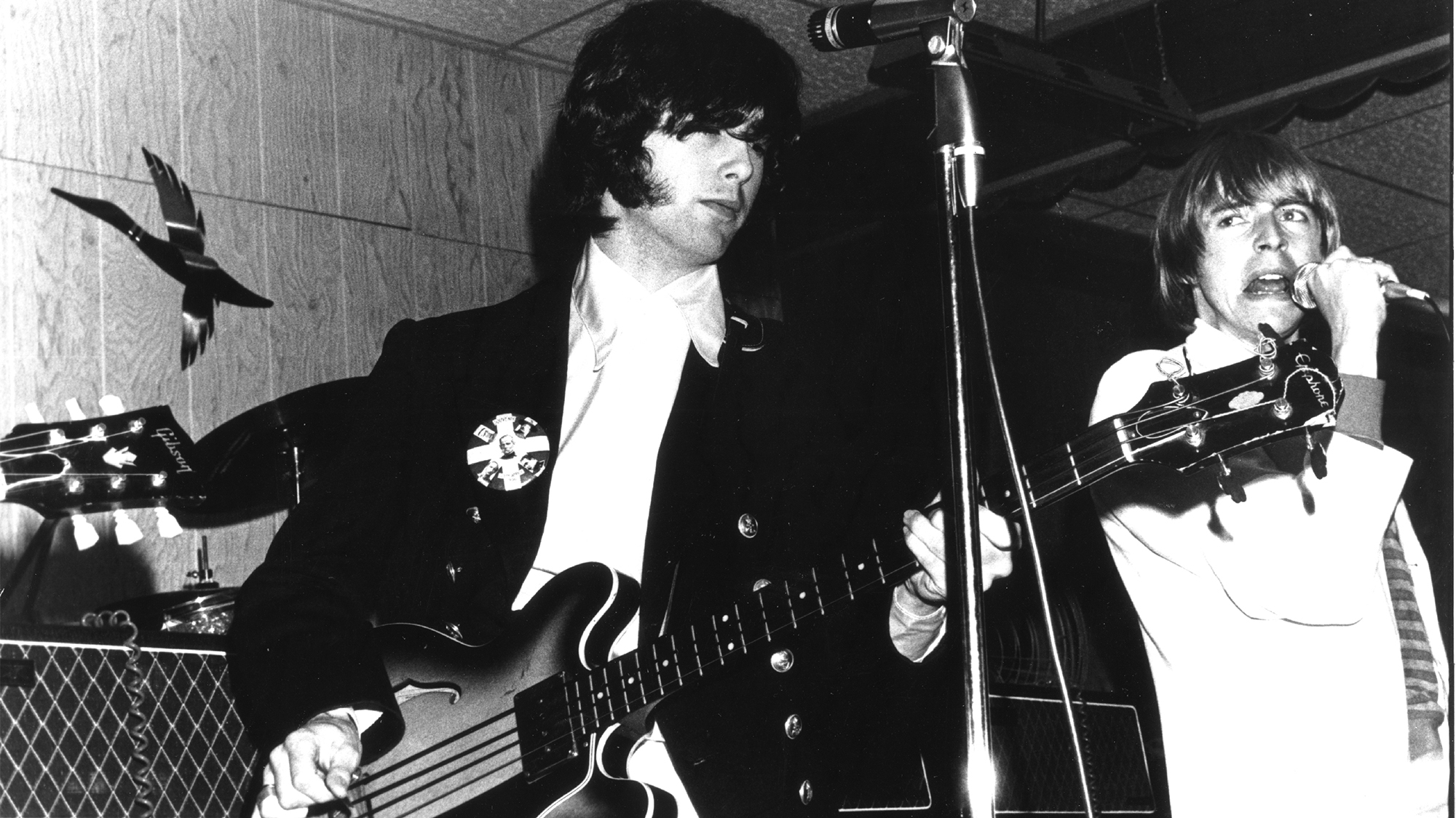
“And we were very much stuck looking for the next hit single. That was the real stress. Then we went with [producer] Mickie Most, and of course that was the kiss of death. He brought in these songs from other writers that never quite worked with us. It’s very easy to look back and say it was the pressure of constant touring. There wasn’t enough time to do an album, and you always had to have a hit single.
“The answer would’ve been to have six months off or something just to calm down and have a rest, maybe write a few songs and see what happened. But you couldn’t do that. You couldn’t step out of the public eye.”
Chris Dreja
“He was very solid, very reliable, very steady, and he was always there and he always looked the part. He was like a rock in the band. And he adapted; he went from rhythm guitar to bass, which wasn’t really easy, ’cause Paul Samwell-Smith’s bass parts were quite tricky, with all that doubling up. I thought Chris played really good bass, especially when we became a four-piece, without rhythm guitar, and he really did a great job. And of course he made up that middle bit of ‘Dazed and Confused’ — that bass riff that comes out of nowhere. He made that up and got no credit for that.
“He always looked the part, too — very smart. I remember going on a Greyhound bus overnight; we were all unshaven, greasy hair and everything — except for Chris. He always had nicely cut hair and good clothes. He didn’t take any drugs or anything; maybe he smoked a bit of dope later on, but I don’t think in the band he did anything like that. And he didn’t drink. He was just pretty reliable.”
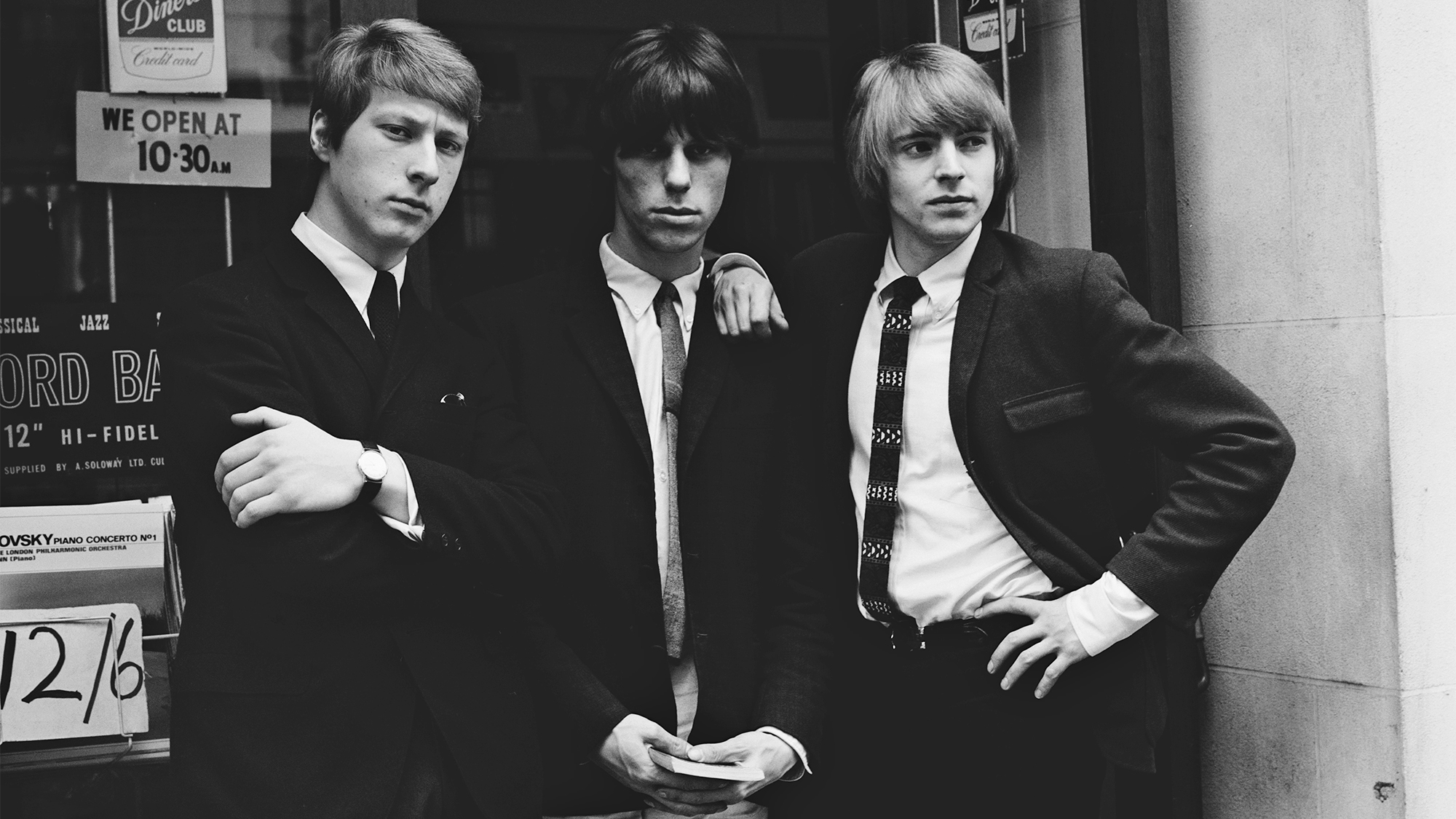
Keith Relf
“He was a good musician, Keith. He could play good rhythm guitar. He had great timing. He played on some of the records; I think on ‘Heart Full of Soul’ he played the 12-string acoustic. When he was in Renaissance with me he played an electric guitar but didn’t play crazy solos, just quite nice little things he worked out.
“We were doing a show one day in Finland and John Mayall was on the show and showed up with only the bass player and him, and he said, ‘Can I borrow the drummer and the guitar player for my act?’ So Keith and I played with him, and of course Keith was very embarrassed that he had to play little solos and things, but he did pretty well. He played good harmonica as well.”
Gypie Mayo
“Gypie was great. He was very creative, a bit more like Jeff Beck. Some of those songs on the Birdland album, like ‘Crying Out for Love,’ two or three songs on there, he really made them into great songs with his guitar playing. He had a lovely feel, and he would sometimes come around my house and stay the night when we all lived in London; in the morning he’d go into the music room and play guitar, and it was really beautiful.
“He’d get this lovely sound going, just doodling and noodling. He wasn’t a particularly healthy guy [Mayo died in 2013 at the age of 62], but he was a lovely guy — very nice, and a great player.”
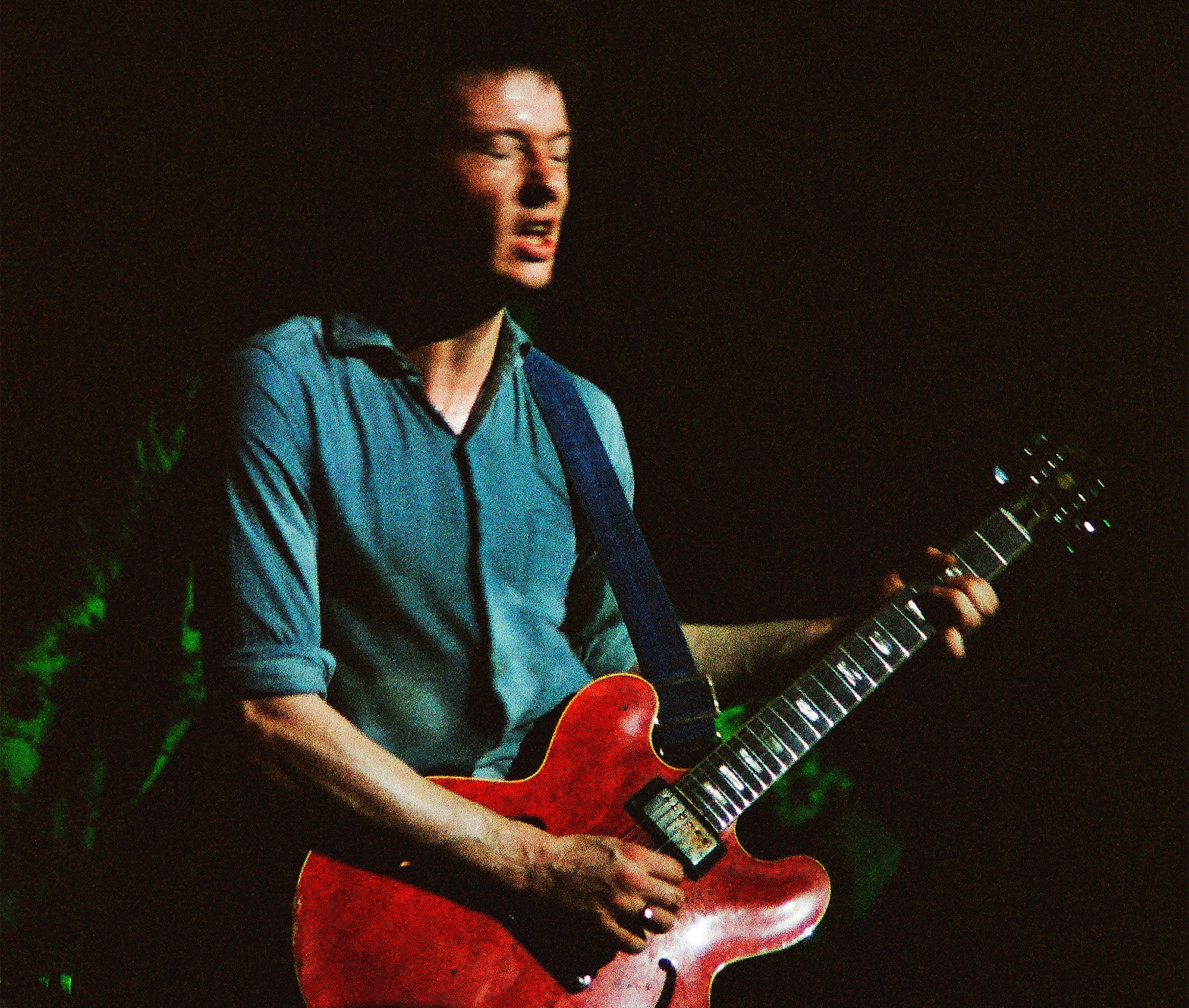
Gary Graff is an award-winning Detroit-based music journalist and author who writes for a variety of print, online and broadcast outlets. He has written and collaborated on books about Alice Cooper, Neil Young, Bob Seger, Bruce Springsteen and Rock 'n' Roll Myths. He's also the founding editor of the award-winning MusicHound Essential Album Guide series and of the new 501 Essential Albums series. Graff is also a co-founder and co-producer of the annual Detroit Music Awards.
